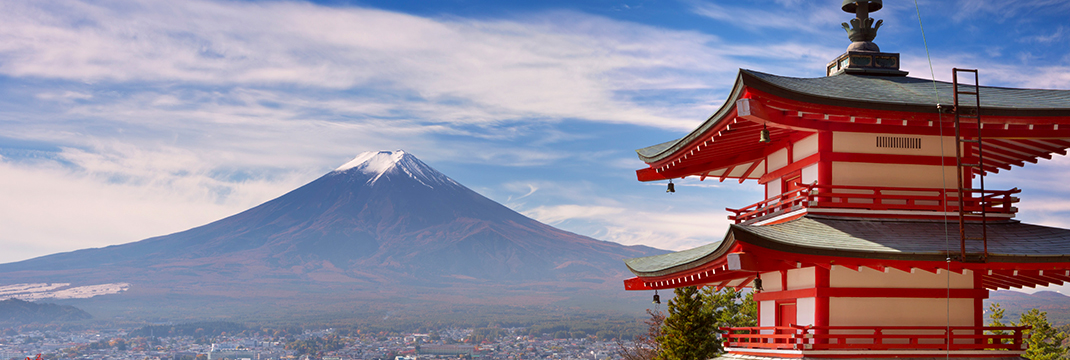
There are almost 200 countries worldwide. Each country has borders and territories which provide its geographical identity. Japan is not alone in this regard and is highly affected by its geographical location on the globe. Specifically, Japan is an island, which means that it is surrounded by a priceless resource: water. The island location not only played an imperative role in Japan’s history but it continues to shape the Japanese culture and livelihood. A country’s geography is tied inseparably to its economy; Japan’s economy is based on exports and fishing because of its location.
Furthermore, there are many mountains and very minimal farmland. One must use the resources that are provided by nature and that is exactly what the Japanese have done throughout history. Today, they have a strong navy along with active seaports and docks. These seaports are centers for international business which includes exporting Japanese goods and strengthening the economy. Another factor that has characterized Japanese culture throughout history is that Japan was and continues to be an ethnocentric nation. Their geographical location has kept them at arm’s length from other societies. This, in turn, caused them to believe that they were superior from the rest of the countries. Even today, the Japanese work hard at promoting local markets and investors while keeping foreigners out.
The negative aspect of Japan’s location is that because it is an island, there are many volcanic eruptions and tsunami disasters. The Japanese people have been forced throughout history to think ahead and use their resources to prepare for natural disasters before they occur. Their history teaches them that because of their location on the world map, they will without a doubt face natural disasters and therefore, must learn to cope with them. This is a major reason why the Japanese people are diligent and engage in strong teamwork on a daily basis. They are a united nation that sticks together and learns to come out stronger after a disaster.
Today, Japan is known to every nation in the world and, in fact, plays an important role in the international economy. Because of its geography, Japan is easy to access from all directions and has become an active and rich cultural hub. The Japanese are highly hospitable to visitors but at the same time, maintain their ethnocentricity. The Japanese people mostly do not know other languages and prefer to be the ones who influence others rather than following other international trends.



